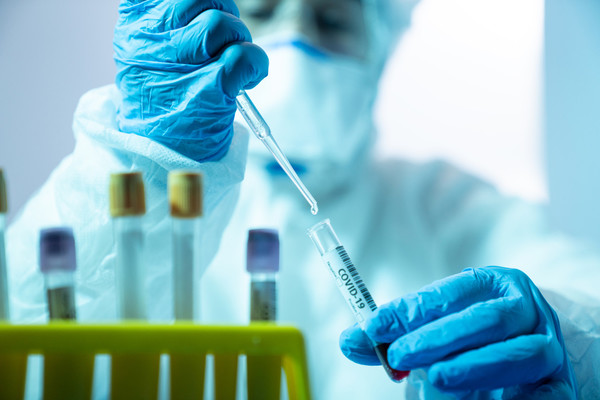
The health authorities said they would distribute Omicron subvariants to support the development of Covid-19 vaccines and treatments.
The National Culture Collection for Pathogens (NCCP), run under the Korea National Institute of Health’s Center for Infectious Disease Research, said it would distribute four subvariants of Omicron -- BA.2.12.1, BA.2.3, BA.4, and BA.5 – from Monday.
These strains were given by the Korea Disease Control and Prevention Agency (KDCA)’s new pathogen analysis division.
An application form is available on the website of NCCP. The application form should include the official application letter, application for receiving a pathogen resource, a plan to manage or utilize the pathogen resource, and a certificate of owning a facility or equipment.
Under the “Covid-19 response laboratory biosafety guide,” a Covid-19 virus can be distributed to institutions equipped with a biosafety level 3 (BSL3) laboratory.
However, the biosafety level required for the institution may change depending on the contents of the test conducted for the distribution of Covid-19 virus nucleic acids.
Analytical experiments using purified nucleic acids must have a biosafety level 1 (BSL 1) lab. Recombinant virus production and propagation experiments using whole nucleic acids or recombinant genes require a BSL 3 lab. Except for nucleic acid analysis and recombinant virus production experiments, BSL 2 labs are allowed.
A recipient institution must comply with the “2020 High-Risk Pathogen Handling and Conservation Safety Management Guide.”
“NCCP’s swift distribution of Omicron subvariants will help related government agencies and healthcare industries to develop Covid-19 vaccines, treatments, and diagnostic reagents actively,” said Kwon Jun-wook, director of the Korea National Institute of Health.

